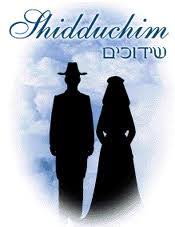Canning for Fun and Preparedness

The bizarre shortage of toilet paper and hand sanitizer, a year-and-a-half ago, brought an unexpected realization to Americans used to an abundance of everything from food to 20 different kinds of toothpaste. With each news report about backlogs in ports and shortages of truck drivers – not to mention store shelves pockmarked by empty spaces – the possibility of true scarcity seeps deeper into our psyches. While hurricanes, power outages, and snow storms continue to pose their acute, albeit familiar, dangers, these new developments awaken a sense that a chronic problem may be on the horizon.


















